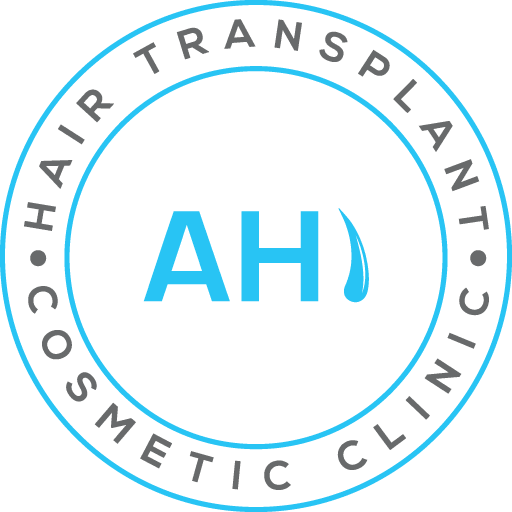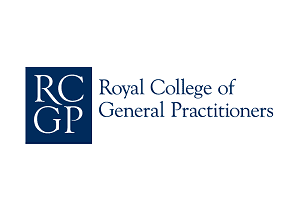When you visit AHI Clinic for a hair transplant we will need you to attend a pre-treatment consultation.
During this session we’ll discuss a number of things, one of which being aftercare. This is an important part of the treatment journey as how well you care for the treated area in the days, weeks and months following the procedure will often have a direct affect on the final results. As well as advice on how to wash, brush and style your hair following your hair transplant, you’ll also be given some medication, including:
- Painkillers – to ease any post surgery discomfort
- Antibiotics – to prevent infection
- Hair growth stimulants – to assist in the regrowth of hair
What medications stimulate hair growth?
1. Minoxidil
This is a type of vasodilator medication which is used to enhance the flow of blood. It works by helping the blood vessels to dilate which in turn increases blood flow to the scalp. This comes in the form of a topical spray or foam and can easily be bought over the counter. We advise our patients to begin applications after 2-3 weeks of the transplant.
If you’re already using this product before the procedure then it will need to be stopped 7 days prior to surgery to reduce the chance of bleeding. After surgery this can help the newly implanted follicles to benefit from the oxygen and other nutrients that the blood will transport to this area, encouraging them to settle and begin functioning effectively. Minoxidil is one of the maintenance treatments we use at AHI Clinic to help prevent further hair loss.
2. Propecia
This medication contains Finasteride and works well alongside minoxidil. Finasteride tackles the 5a-reductase enzyme that is responsible for transforming testosterone into dihydrotestosterone, a hormone known as DHT – which is often found to induce male pattern baldness. By blocking the effects of DHT, pattern baldness is prevented from progressing (also known as androgenetic alopecia).
It’s important to note that medications containing finasteride are not commonly prescribed for women. Only a qualified doctor can prescribe this medication, and it’s imperative that all benefits and potential side effects are discussed before commencing with the course.
3. Antihistamine
Whilst antihistamine medication will not address the follicles or address the effects from hormonal changes, it will ease a common side effect of the hair transplant procedure; itching. It’s easy to advise a patient against scratching the treated area, but the discomfort and irritating sensation caused by itching can be difficult to ignore.
Scratching the scalp after a hair transplant can impact the results in two ways.
Firstly, the scratching action can pull on the hairs which have weak follicles. This can lead to newly implanted hairs and their follicle falling out before they have had time to settle. Secondly, scratching can increase your chance of developing folliculitis; and infection of the follicles.
How long you’ll need to take medication for after a hair transplant procedure will depend on your individual circumstances. Typically, we look to prescribe a course of medication for up to 1 year, when we expect a full head of hair to have developed.
In some cases, medication may need to be on-going, and reviewed regularly. This may be to help prevent the possible progression of pattern baldness, if this is likely, and the chance of hair loss occurring on untreated areas of the scalp. Having said this, at AHI we often recommend the hair transplant procedure when hair loss has been stable for 2 years.
For more information about what medications stimulate hair growth, hair transplants or to book a consultation, contact the clinic today.








